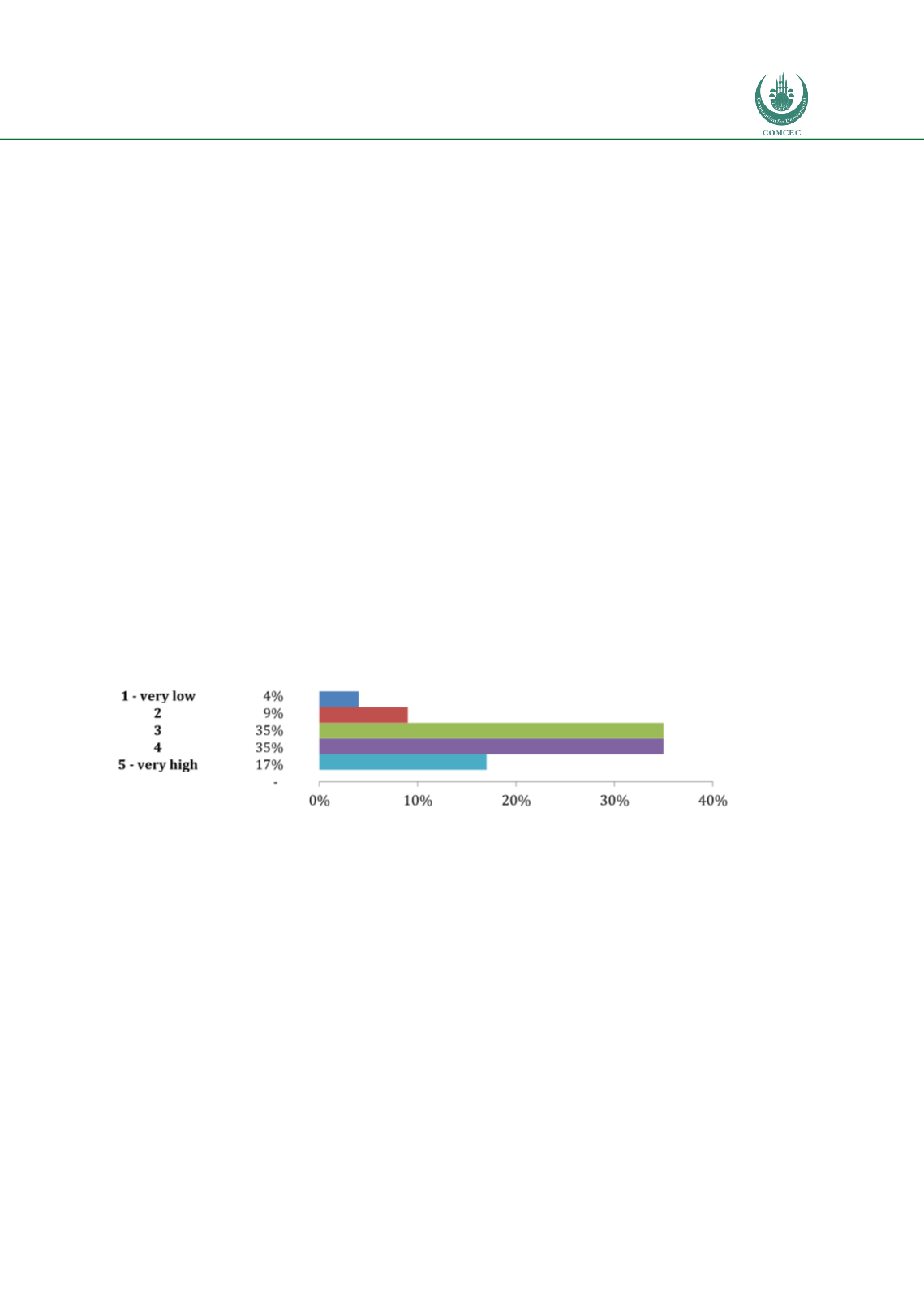

Planning of National Transport Infrastructure
In the Islamic Countries
45
2.8.3. Evaluation Processes and Participation
In its formative years evaluation was seen as kind of independent audit carried out by shadowy
figures working in secret, but significant development in the field of evaluation research shows
that a more participatory approach is much more effective in engendering the self-improvement
that project cycle management aims to inculcate. The concept arose through research on the
utility and use of evaluation findings. In cases where the primary function of evaluation is
formative, it was found particularly useful to involve various stakeholders/participants in the
process of defining questions, developing methods, collecting data and drawing conclusions.
Such an approach is now considered to be preferable because the process is meant to be a
leaning one for the project owner and when there is a stronger sense of ownership of the
intellectual outcome of the process, it is more likely that stakeholders will act on the
recommendations (DEVCO, 2008).
2.8.4. Monitoring System in OIC Countries
The Kuwait Fund for Arab Economic Development, the OPEC Fund, The Saudi Fund for
Development or the OIC who are key stakeholders in OIC countries seemnot to evaluate projects
after they are completed, at least no reference can be found in their internal manuals and
guidelines. Similarly, it is hard to find any OIC country that pro-actively carried out ex-post
evaluations unless they are borrowing from the ADB or from the AfDB. Evidence from the
surveys supports that 87% of the surveyed OIC Member States believe improvement in the
monitoring and evaluation system is needed, as shown i
n Figure 8.The surveyed academics also
agreed with this as 50% of them are unsure whether the evaluation process in their countries
was working well.
Figure 8: OIC Member States agreeing that improvement is needed
Only 38% of the surveyed Academics believed that plan implementation was efficient. This low
confidence might be caused by the fact that most academics are more involved in the Planning
than the Implementation phase.
2.8.5. Monitoring System Outside OIC Geography
Evaluation is mandatory for most developed countries and for IFIs, being considered both
necessary for technical advancement and improvement and also for good governance by
improving accountability and transparency. As regards specific non-OIC countries, those that
are in the EU, associate to the EU or in receipt of EU Aid Funding will be familiar with EU
Evaluation procedures.
A significant exercise was carried out over 12 months for the European Investment Bank (EIB)
covering 11 countries to which reference is made (Horsch_Rasbash_AlAraby_Schniter, 2003).
This evaluation covered the EIB’s portfolio of completed transport projects in Central and
Eastern Europe (11 countries) financed between 1990 and 1999. During this period, the Bank
financed 58 projects for a total disbursed amount of some EUR 4.9 billion. Of this, approximately
















